Code
HCS25219
Weight
500 gm / 1.1 lbs
Size
Height
56cm (22") Width
50cm (20") Material
Wood, Cotton Canvas, Natural Color
Availability
Available

Safe Payment
We accept Paypal, Money Transfer, Bank Transfer
Confidence
Protection covers your purchase and personal data.
Worldwide Delivery
We ship Worldwide, except Russia.Shipping cost US$25.2 for upto 0.5 kgs

Hotline
Talk to help line for your question on 9841267335Introduction to Thangka
A thangka, also known as tangka, thanka, or tanka, is a vibrant and intricate Tibetan Buddhist painting that serves as a visual representation of spiritual teachings. Crafted with meticulous detail on cotton or silk appliqué, thangkas depict a wide range of subjects including Buddhist deities, sacred scenes, mandalas, and narrative stories. These sacred artworks are traditionally kept unframed and rolled up for storage, resembling ancient scrolls. To protect their delicate nature, thangkas are mounted on textile backings and often adorned with a silk cover on the front. Proper preservation in dry environments is crucial to maintain the integrity and longevity of the silk. Read More . . .
A thangka, also known as tangka, thanka, or tanka, is a vibrant and intricate Tibetan Buddhist painting that serves as a visual representation of spiritual teachings. Crafted with meticulous detail on cotton or silk appliqué, thangkas depict a wide range of subjects including Buddhist deities, sacred scenes, mandalas, and narrative stories. These sacred artworks are traditionally kept unframed and rolled up for storage, resembling ancient scrolls. To protect their delicate nature, thangkas are mounted on textile backings and often adorned with a silk cover on the front. Proper preservation in dry environments is crucial to maintain the integrity and longevity of the silk. Read More . . .
Brief Introduction :
Bhaisajyaguru is known as the Medicine Buddha. He is also called the Healing Buddha. It is said that he dispenses spiritual medicine when properly worshipped. There is even a belief that an efficacious cure may be accomplished by merely touching his image. In Tibet, he may be represented either as a Buddha or as a Bodhisattva. As a Buddha, he exhibits the urn (a small round bulge or protuberance above the bridge of the nose), which is the fourth superior mark of a Buddha, and the Ushnisha (a bulge or protuberance on the top of the Buddha's skull), which is the first superior mark of a Buddha. He has short and curly hair, wears a monastic robe, and is seated with his legs crossed. His left hand, lying in his lap in a meditation mudra, usually holds the medicine bowl, while his right hand, in a charity mudra, holds either a branch with fruit or the fruit alone of the myrobalan, a medicinal plant found in India and other tropical countries.
Iconography :Medicine Buddha is the popular term for Bhaisajyaguru and refers to healing blue light transmitted by his representation and conception. Bhaisajyaguru means "Master of Blue Light". His healing energy is transmitted through blue light wave length called Vaydurya light. Medicine Buddha radiates this healing energy. Think of the light as internal chakra energy. The colour blue has been known for its purifying properties since ancient times and the deep blue colour of the Medicine Buddha is directly associated with this blue Vaydurya light energy. The energy source originates in the transparent beryl crystal bowl the Medicine Buddha supports and manifests itself in the deep blue of Lapis Lazuli [Lapis] of his corporeal body. The goldenergy lines [Skt. Chritrini] of his psychic body link all the yogic "vital airs" or energy winds [Skt. Vayus] and form the Beryl healing light energy beryl blue band of the inner aureole representing all the vital airs [Skt. Vyana] of the subtle body [Skt. Pranamayakosha]. As we journey through life we can find ourselves suffering through illness or through the illness of someone else. During illness previous priorities seem almost irrelevant as we seek to restore our balance or to find a new balance in our lives. Suddenly the medicine Buddha who is often overlooked becomes the most important of all while we realise our oversight. The image of the medicine Buddha can be used as a meditation deity [Skt. Ishta-devata] texts often call a meditation deity a Tutelary Deity or a Yidam Deity. A Yidam is the Tibetan word for an Ishtar-devata, a fully enlightened being who is the focus of personal meditation, during a retreat or for life. Deity Yoga practices can be undertaken. In essence, the mindstream of the guru and the yidam are indivisible. The yidam is considered to be the root of success in the practice. Visualise his serenity & healing light.
His extended left hand with an open front palm is shown in gift bestowing [Skt. Varada] hand gesture [Skt. Mudra] and holds the stem of a triple fruited myrobalan plant between his thumb & forefinger. In Tibetan medicine the myrobalan plant is known as the 'King of Medicines' on account of its medicinal properties. The gift bestowing hand gesture represents his dispensing of healing and holds a myrobalan plant bearing three myrobalan fruits. The number three refers to Principle of Three Gunas, which are Energy [Skt. Rajas] Inertia/Movement [Skt. Tamas] & wholeness or bodily order [Skt. Sattwa] When balanced we enjoy good health, when unbalanced illness can arise. Our bodies have a remarkable ability to rebalance if we allow them in a process known as homeostasis, directly linked to the principle of the Gunas. Unbalancing can occur when the moon residing at the naval root absorbs too much form the sun at the palette root which relates to too much sensual indulgence with the and the nectar of the moon is.
The right hand of Medicine Buddhas rests upon his lap in the position associated with an advanced connection with the inner self arrived at through meditation, commonly called the meditative state. The same hand supports a blue beryl crystal alms bowl containing medicinal nectar and a myrobalan fruit. He is portrayed wearing maroon monastic robes painted seated on a white moon disc in a lotus body position [Skt. Padmasana] and upon an actual lotus flower. Magical Buddhism [Tantric Buddhism] is very connected with Although more commonly linked to Vedic Yoga.
Commentary :His extended left hand with an open front palm is shown in gift bestowing [Skt. Varada] hand gesture [Skt. Mudra] and holds the stem of a triple fruited myrobalan plant between his thumb & forefinger. In Tibetan medicine the myrobalan plant is known as the 'King of Medicines' on account of its medicinal properties. The gift bestowing hand gesture represents his dispensing of healing and holds a myrobalan plant bearing three myrobalan fruits. The number three refers to Principle of Three Gunas, which are Energy [Skt. Rajas] Inertia/Movement [Skt. Tamas] & wholeness or bodily order [Skt. Sattwa] When balanced we enjoy good health, when unbalanced illness can arise. Our bodies have a remarkable ability to rebalance if we allow them in a process known as homeostasis, directly linked to the principle of the Gunas. Unbalancing can occur when the moon residing at the naval root absorbs too much form the sun at the palette root which relates to too much sensual indulgence with the and the nectar of the moon is.
The right hand of Medicine Buddhas rests upon his lap in the position associated with an advanced connection with the inner self arrived at through meditation, commonly called the meditative state. The same hand supports a blue beryl crystal alms bowl containing medicinal nectar and a myrobalan fruit. He is portrayed wearing maroon monastic robes painted seated on a white moon disc in a lotus body position [Skt. Padmasana] and upon an actual lotus flower. Magical Buddhism [Tantric Buddhism] is very connected with Although more commonly linked to Vedic Yoga.
This is why the ideas in Patanjali's Yoga Sutra are so closely connected with the Buddhist Principle of The Four Noble Truths and on gaining the liberated path. There are many other connections with Yoga such as the tantric gold energy lines [Skt. Chitrini] the lotus and chakras and in the choice of colours of aureoles. Perhaps most obvious is the classic yoga lotus asana with one leg crossed over the other that the Medicine Buddha is sitting in. The wisdom of Devata Yoga will help.
Matra of Medicine Buddha
namo bhagavate bhaiśajyaguru vaidūryaprabharājāya tathāgatāya arhate samyaksambuddhāya tadyathā: oṃ bhaiśajye bhaiśajye bhaiśajya-samudgate svāhā.


![Tibetan Buddhist Thangka Painting Of Medicine Buddha, [wooden Frame]](https://handicraftseller.com/uploads/pics/product/thumb/2022/03/25219.jpg)
![Tibetan Buddhist Thangka Painting Of Medicine Buddha, [wooden Frame]](https://handicraftseller.com/uploads/pics/product/thumb/2022/03/25219_0.jpg)
![Tibetan Buddhist Thangka Painting Of Medicine Buddha, [wooden Frame]](https://handicraftseller.com/uploads/pics/product/thumb/2022/03/25219_1.jpg)
![Tibetan Buddhist Thangka Painting Of Medicine Buddha, [wooden Frame]](https://handicraftseller.com/uploads/pics/product/thumb/2022/03/25219_2.jpg)
![Tibetan Buddhist Thangka Painting Of Medicine Buddha, [wooden Frame]](https://handicraftseller.com/uploads/pics/product/thumb/2022/03/25219_3.jpg)










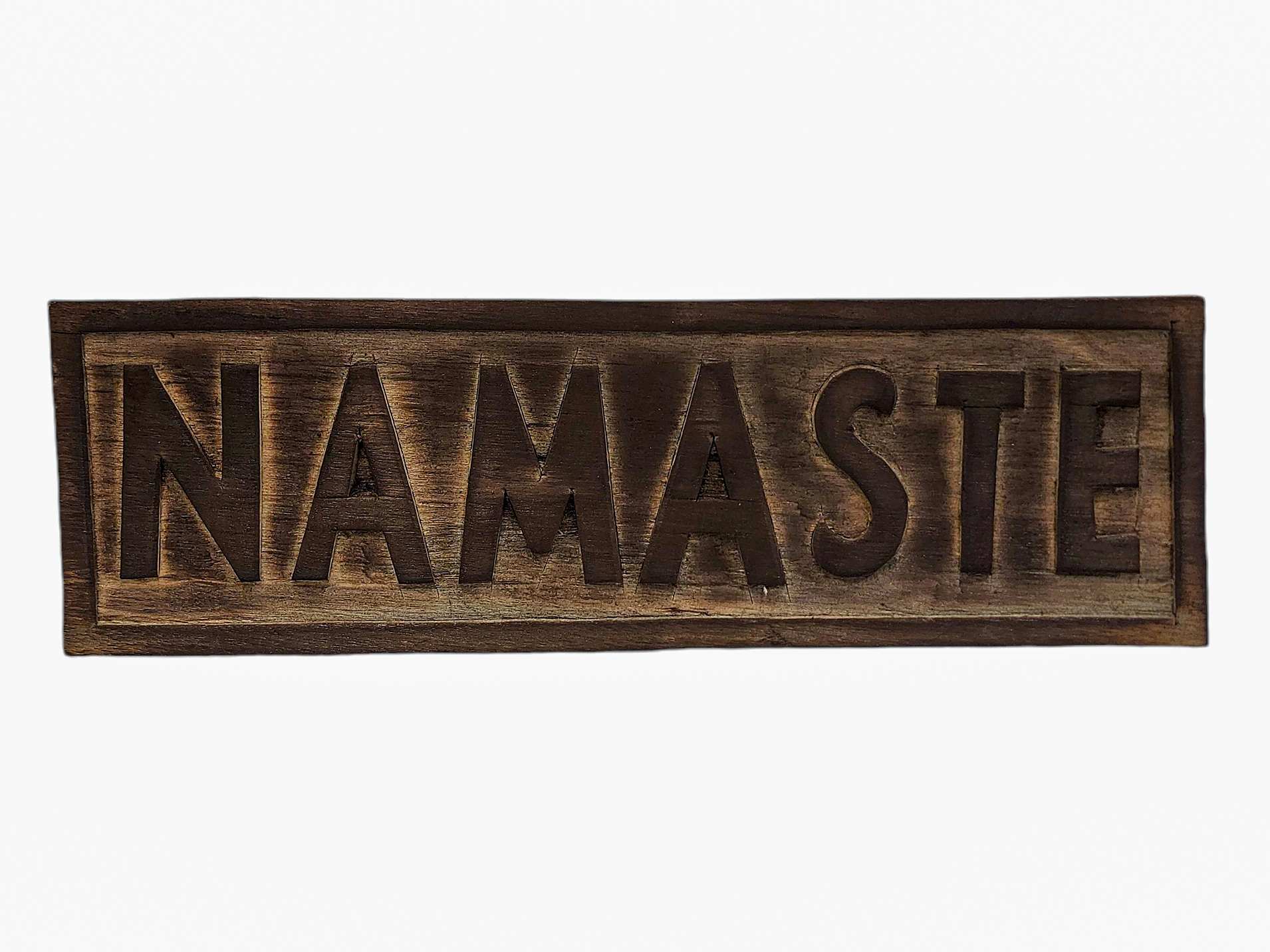 Namaste Carved, Handmade Wall Hanging" title="
Namaste Carved, Handmade Wall Hanging" title="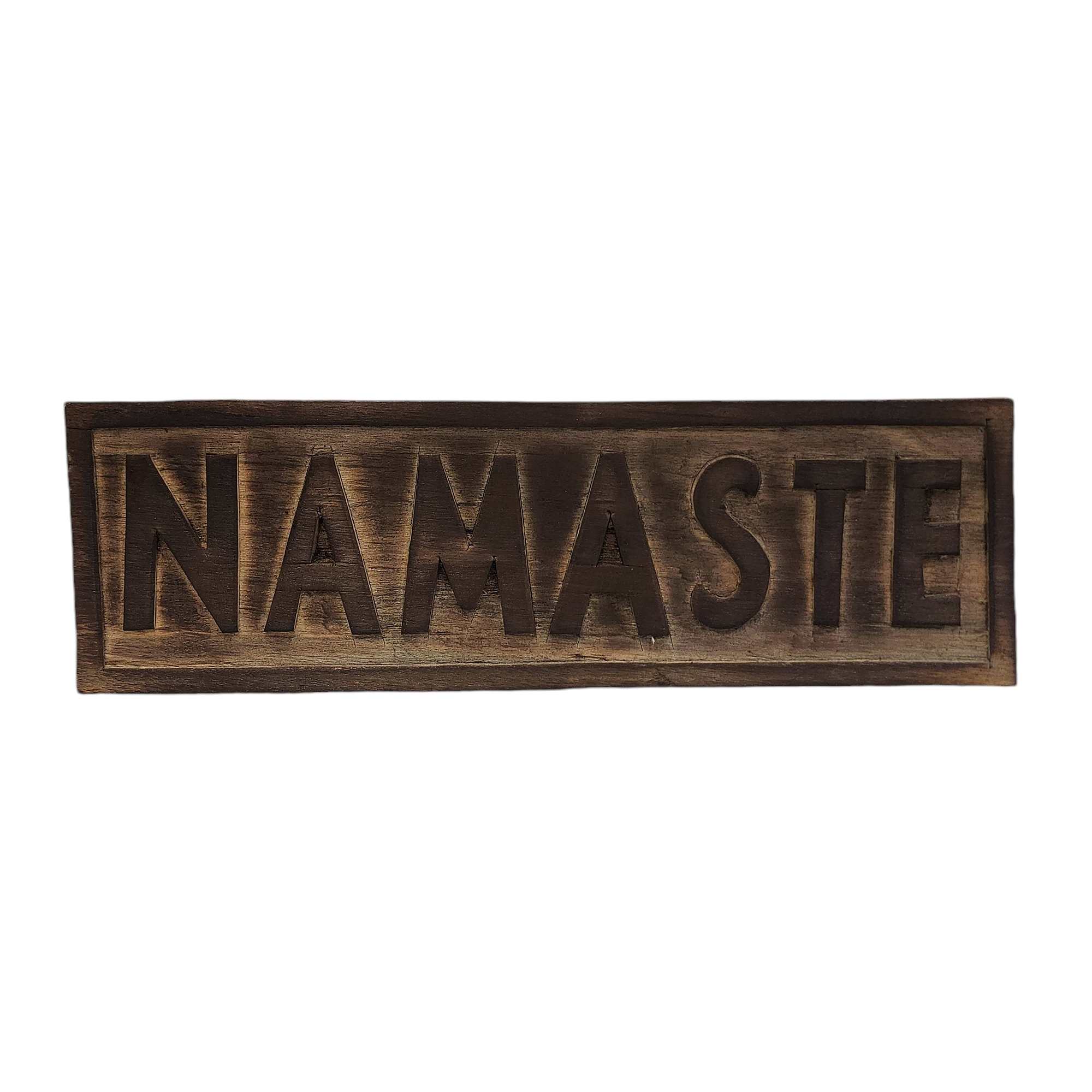 Namaste Carved, Handmade Wall Hanging" title="
Namaste Carved, Handmade Wall Hanging" title="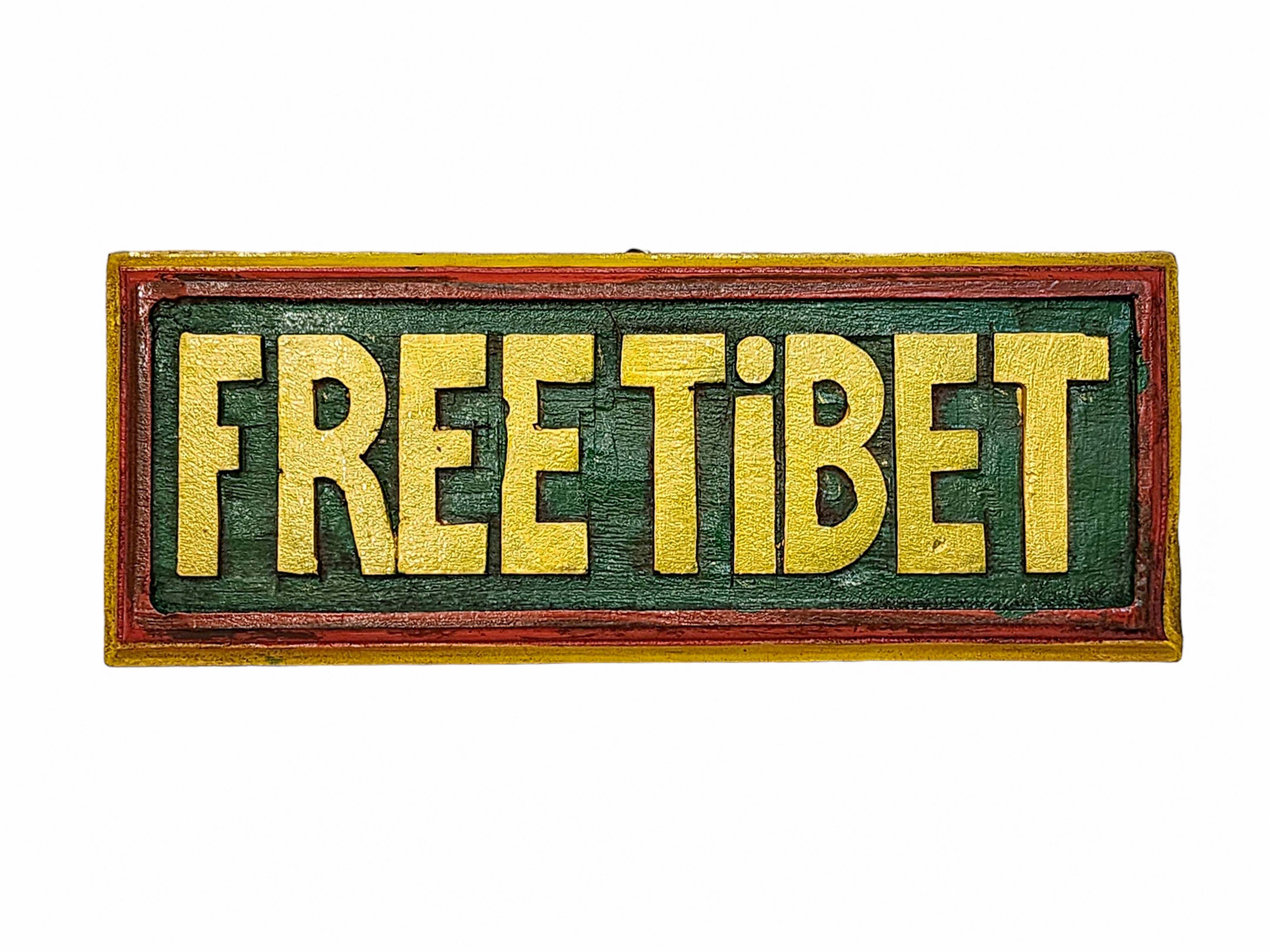 Free Tibet Wall Hanging, Handmade,
Free Tibet Wall Hanging, Handmade, 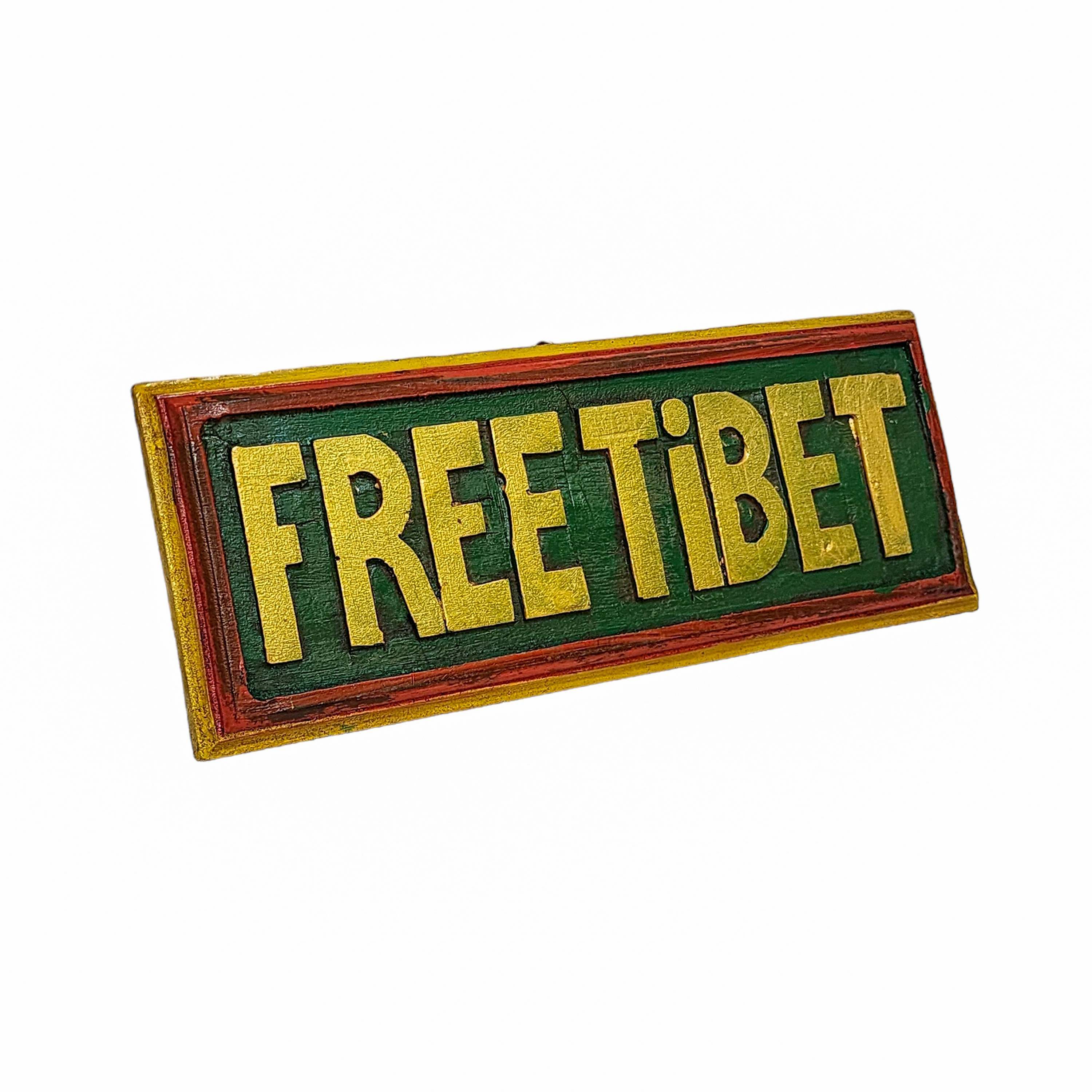 Free Tibet Wall Hanging, Handmade,
Free Tibet Wall Hanging, Handmade,  with Om Mane Mantra,
with Om Mane Mantra, 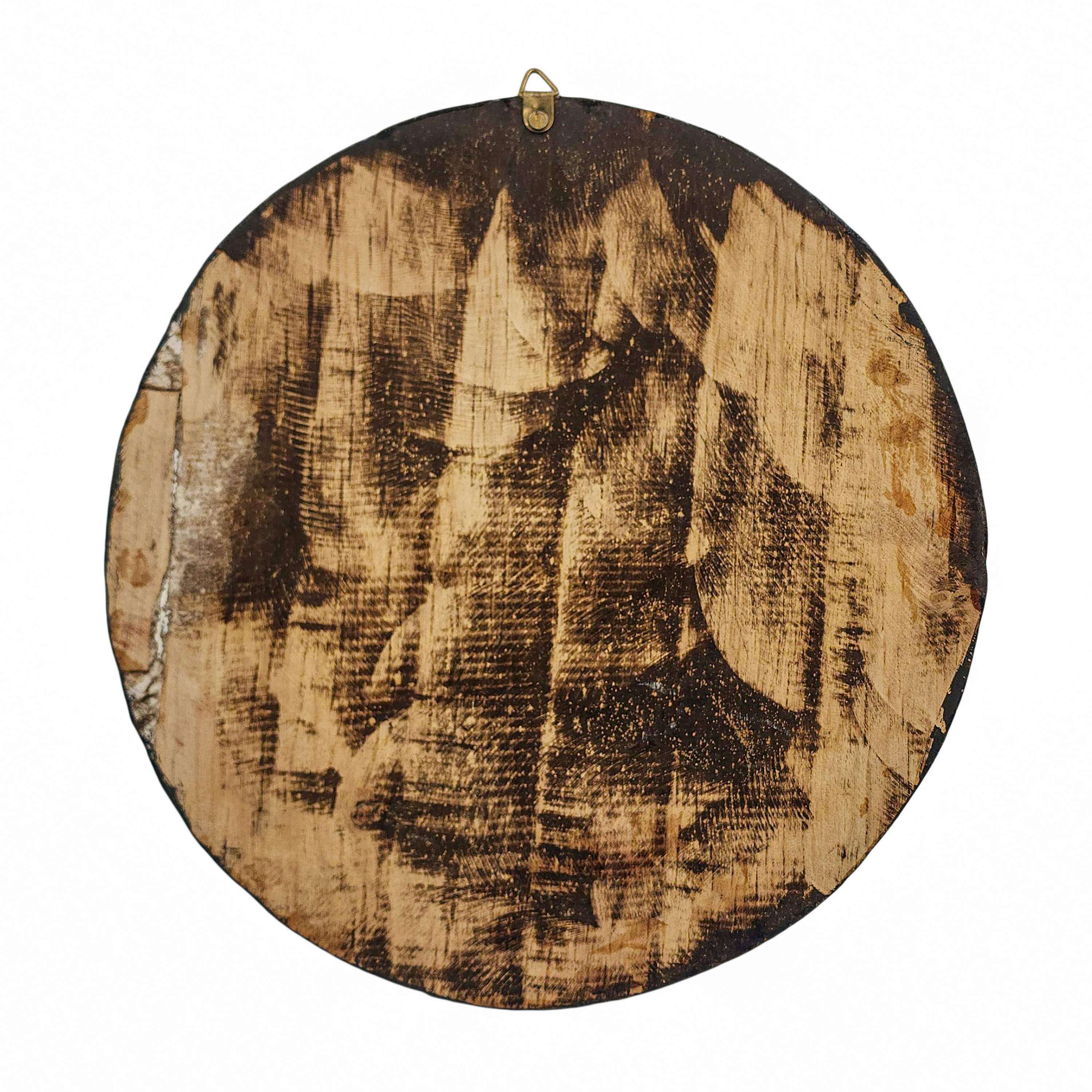 with Om Mane Mantra,
with Om Mane Mantra,  Small Endless Knot -painted
Small Endless Knot -painted 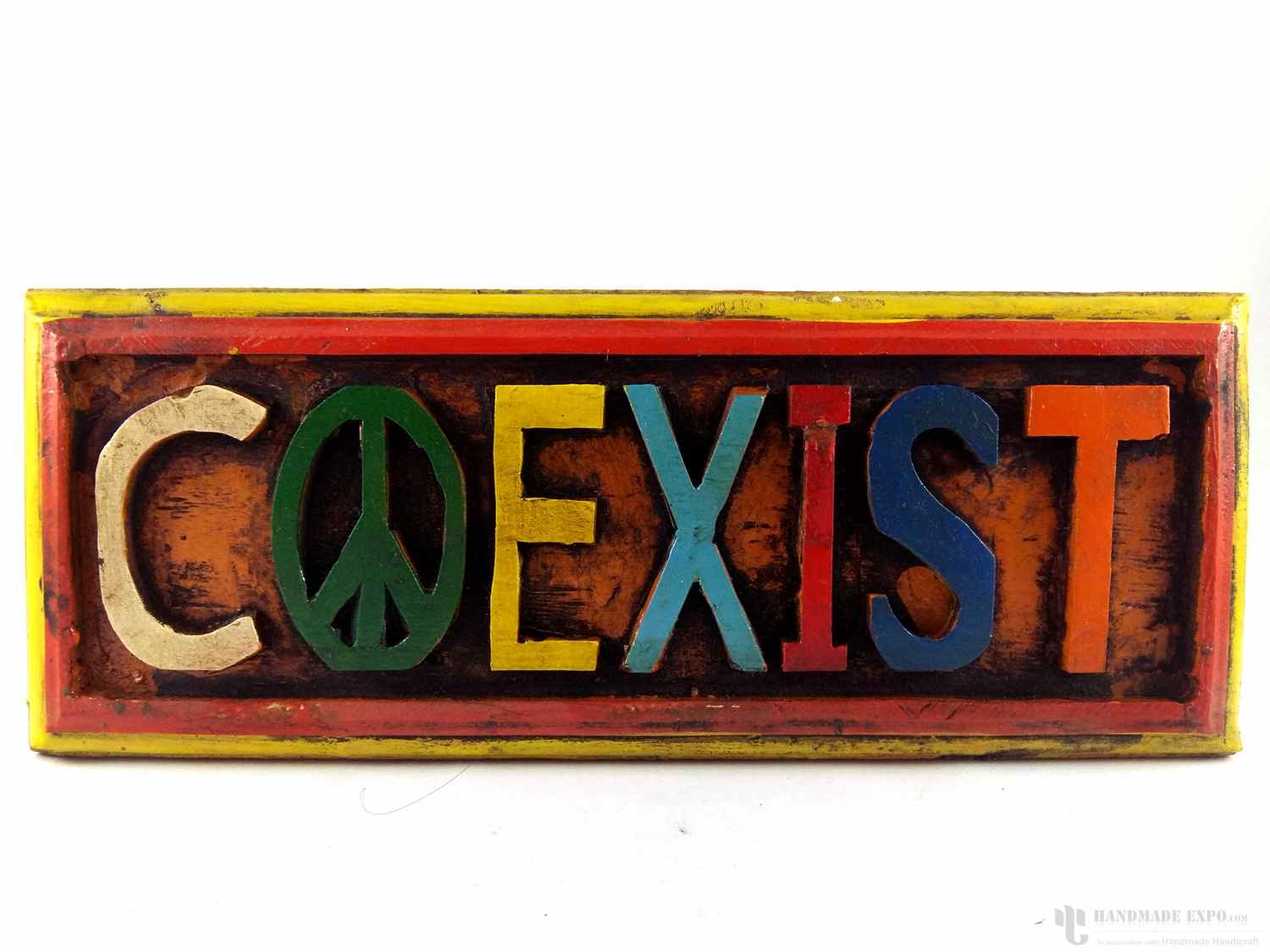 Small Coexist Wall Hanging-
Small Coexist Wall Hanging-  Large Endless Knot - Lapis
Large Endless Knot - Lapis 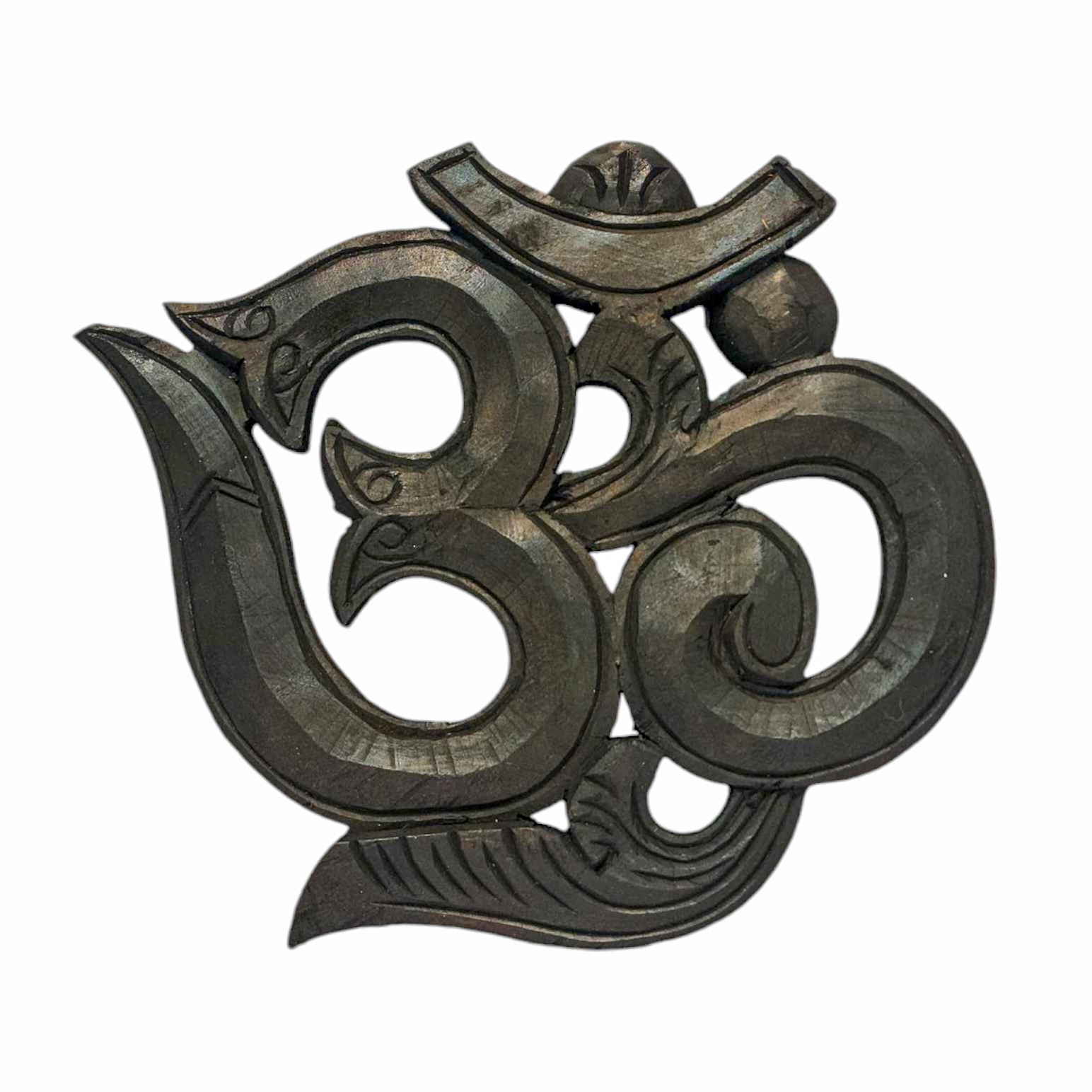 Black, Haldu Wood" title="Wooden Om -painted
Black, Haldu Wood" title="Wooden Om -painted 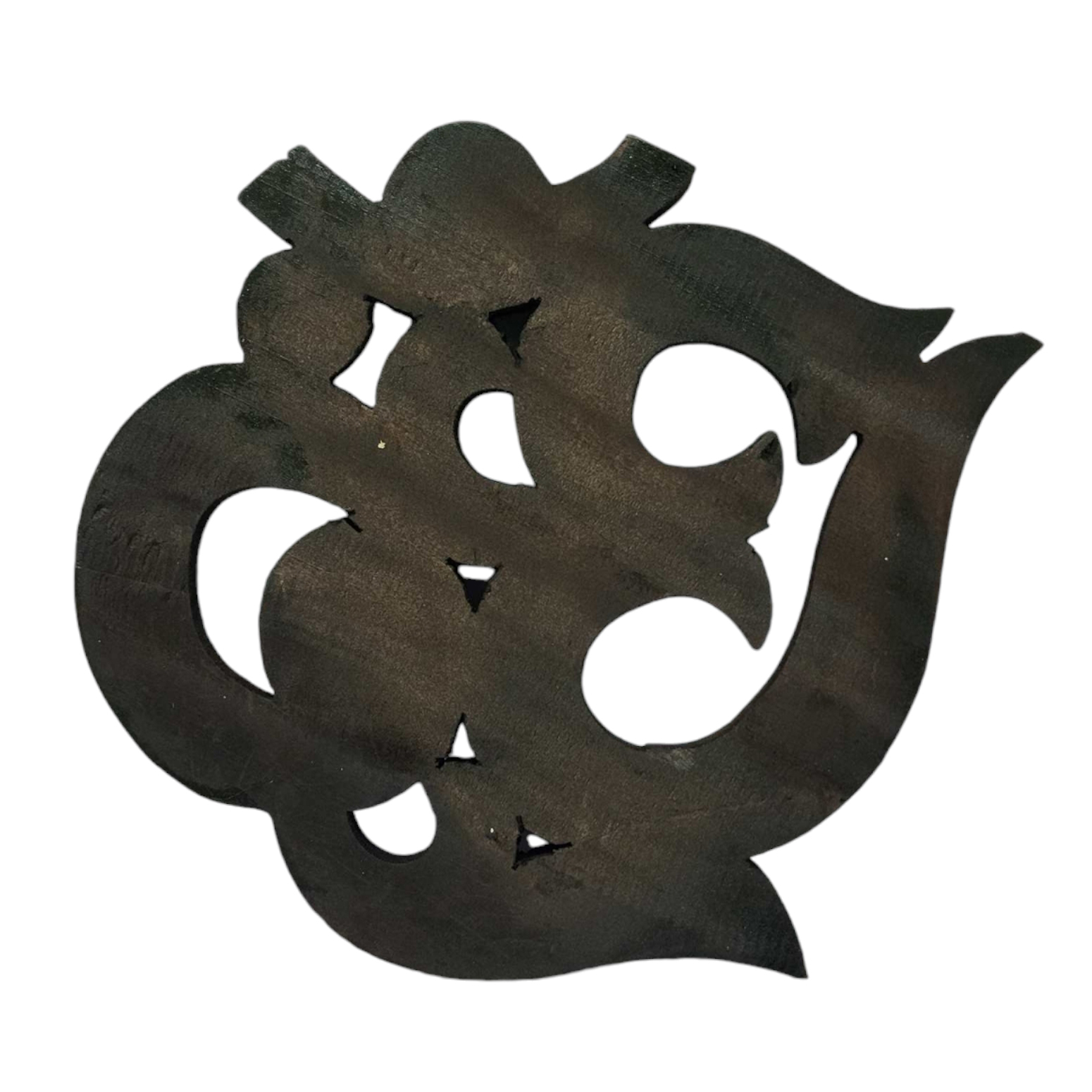 Black, Haldu Wood" title="Wooden Om -painted
Black, Haldu Wood" title="Wooden Om -painted  Traditional Tibetan, Ritual Wall Hanging
Traditional Tibetan, Ritual Wall Hanging 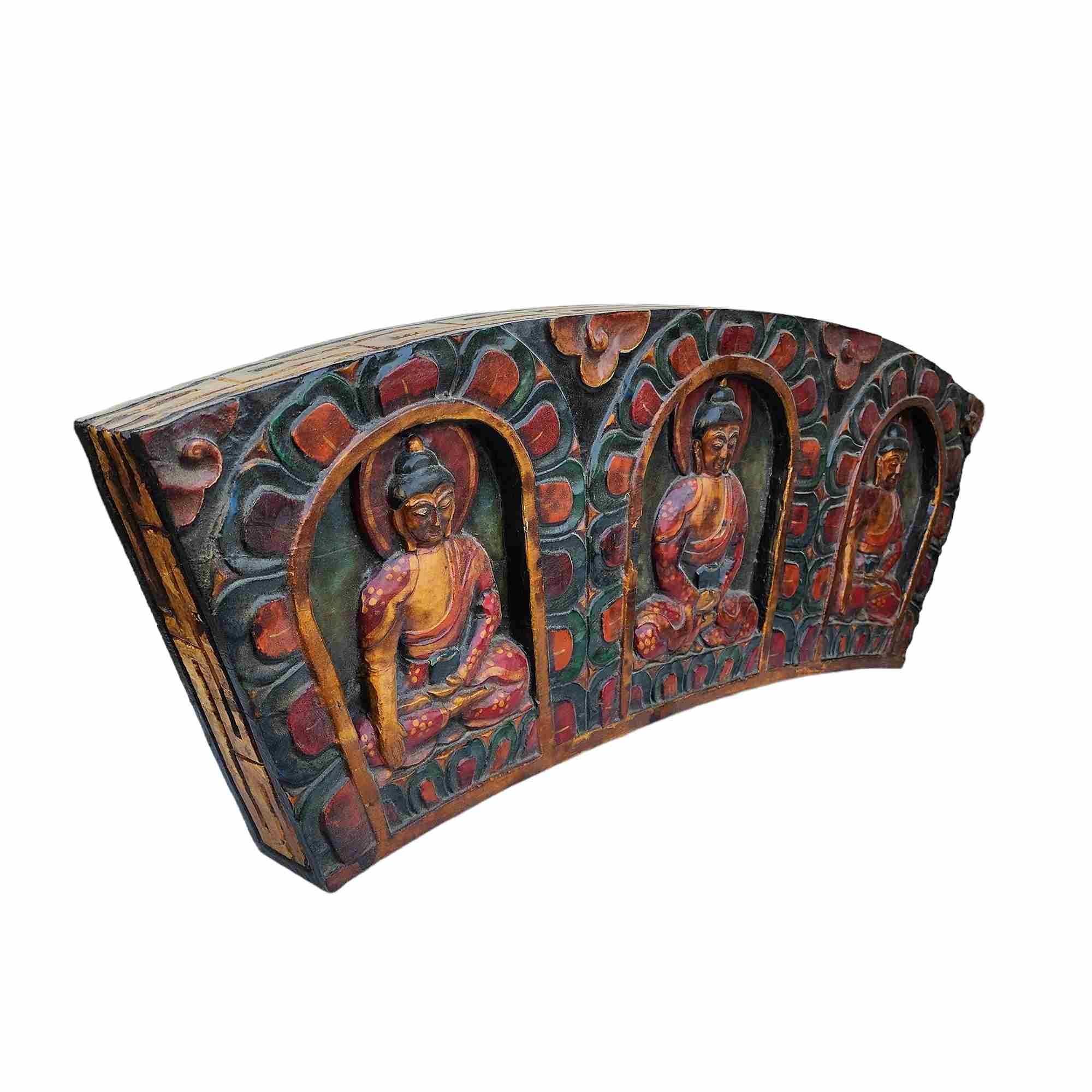 Traditional Tibetan, Ritual Wall Hanging
Traditional Tibetan, Ritual Wall Hanging  with Om Mane Mantra
with Om Mane Mantra 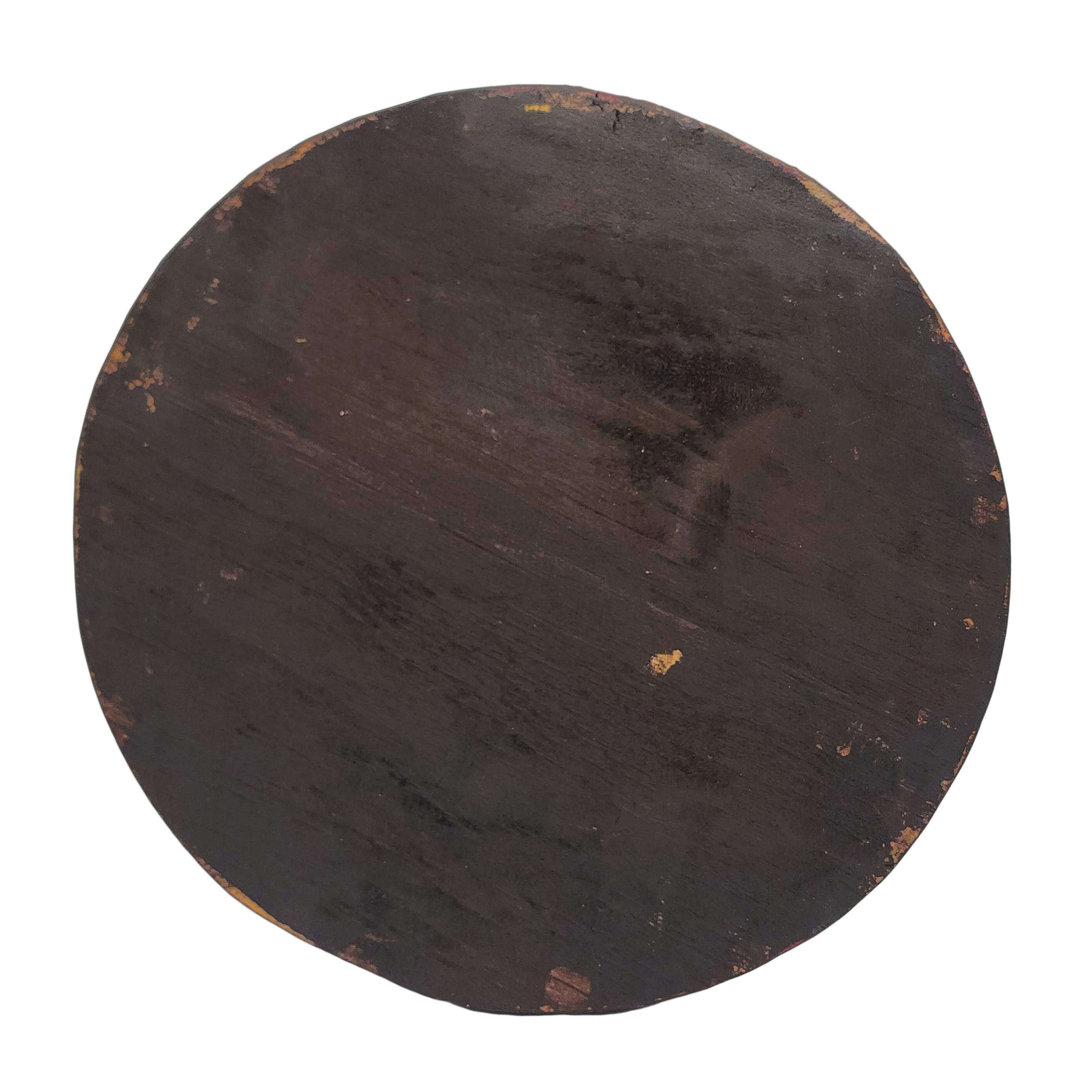 with Om Mane Mantra
with Om Mane Mantra  Blue, Haldu Wood" title="Wooden Om -painted
Blue, Haldu Wood" title="Wooden Om -painted 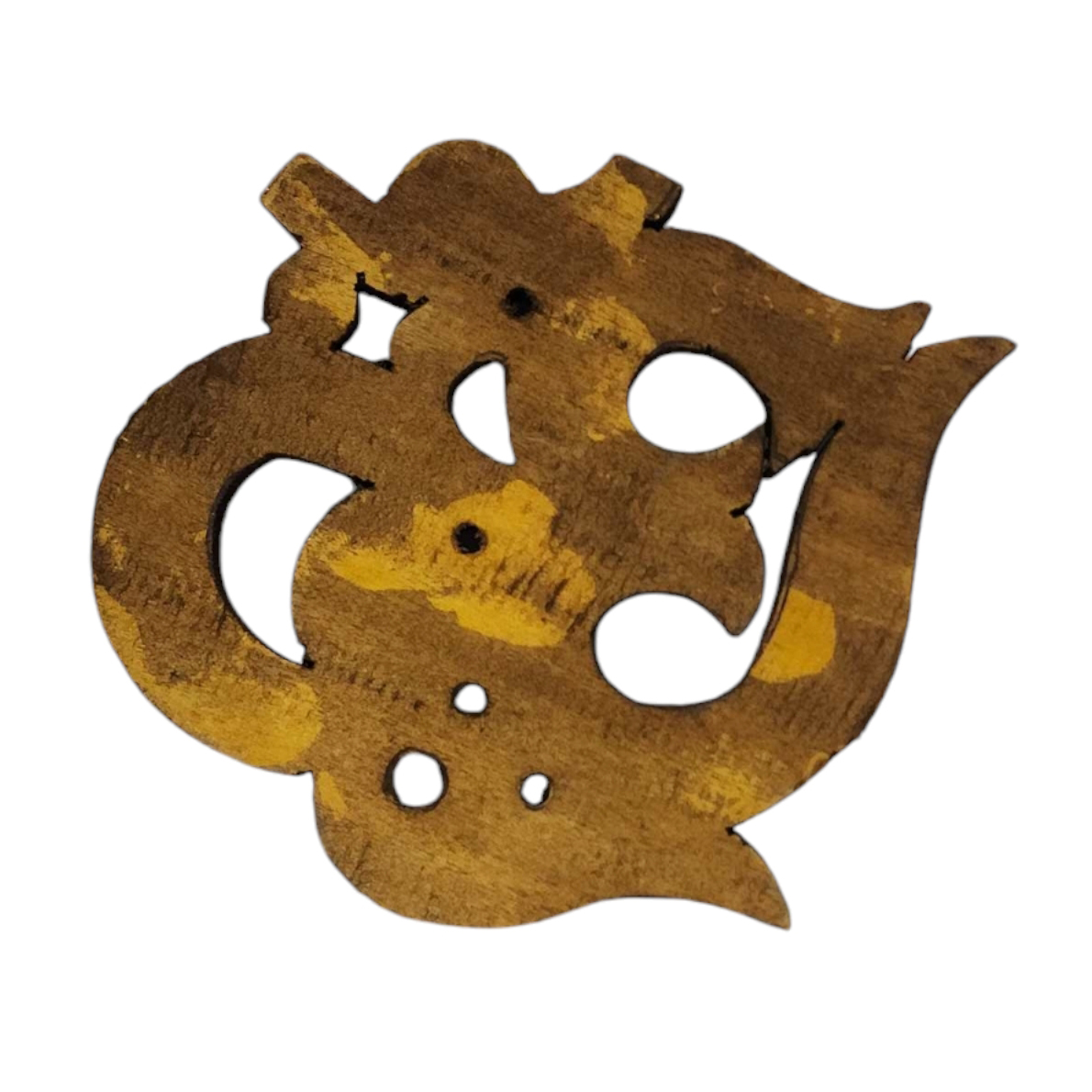 Blue, Haldu Wood" title="Wooden Om -painted
Blue, Haldu Wood" title="Wooden Om -painted